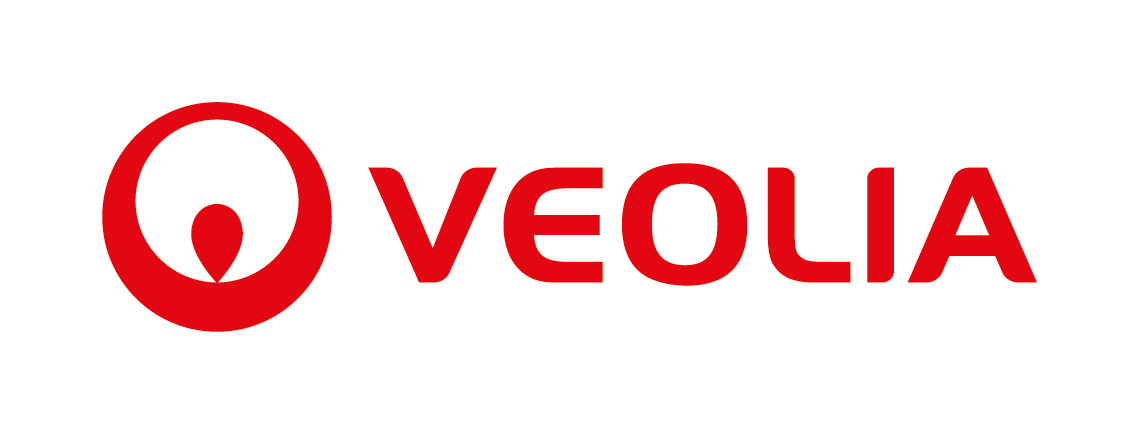The importance of hygiene control
Healthcare environments are dependent on clean water for the safety of those visiting and working as well as many clinical and surgical applications. As such, measures to control waterborne pathogens are crucial, in order to achieve the highest levels of protection for patients, staff and visitors.
Furthermore, any interruptions in water supply due to a pathogen outbreak can be costly to deal with and could have a significant knock-on effect in terms of cancelled appointments and waiting time targets.
The Healthcare Technical Memorandum (HTM) 04-01: Safe water in healthcare premises gives guidance on the legal requirements, design applications, maintenance and operation of hot and cold water supply, storage and distribution systems in all types of healthcare premises. It also provides advice and guidance on the control and management of the risk posed by Legionella, Pseudomonas aeruginosa and other waterborne pathogens within a healthcare setting.
However, the reality is that implementing an effective hygiene management programme aligned with HTM 04-01 can be time-consuming. It can also put additional pressure on facilities management and housekeeping staff who may be responsible for carrying out control measures, which must then be tracked and logged to ensure they have been carried out sufficiently. Let’s face it, for many facilities – hygiene control can pose a real challenge.


.jpg?width=1080&height=1080&name=Legionella%20(1).jpg)
